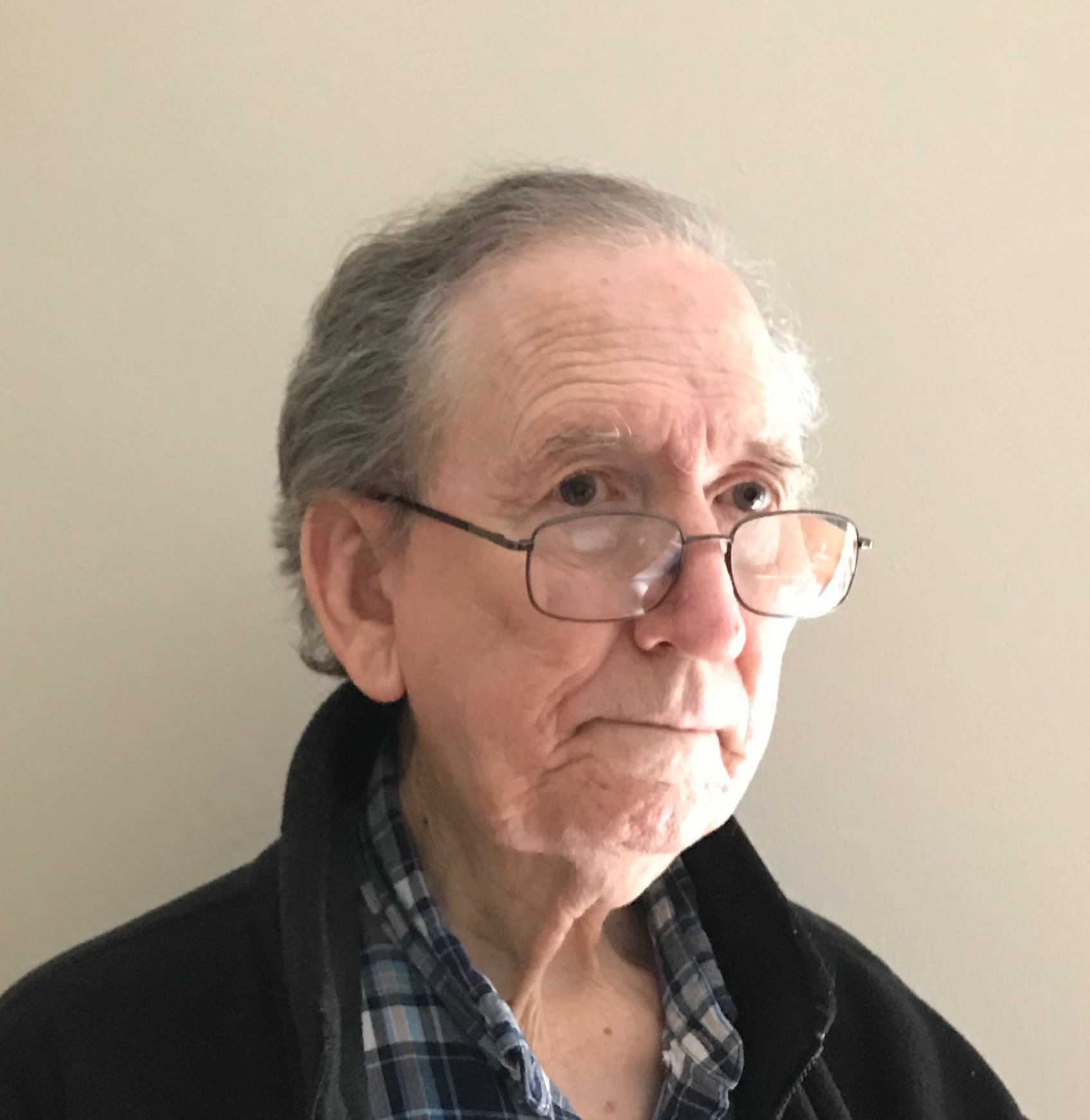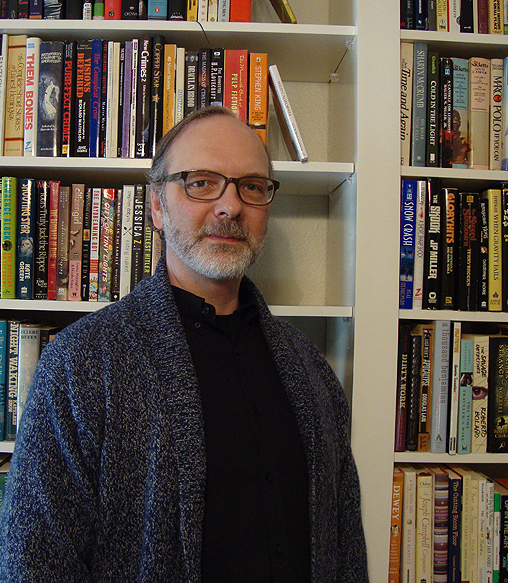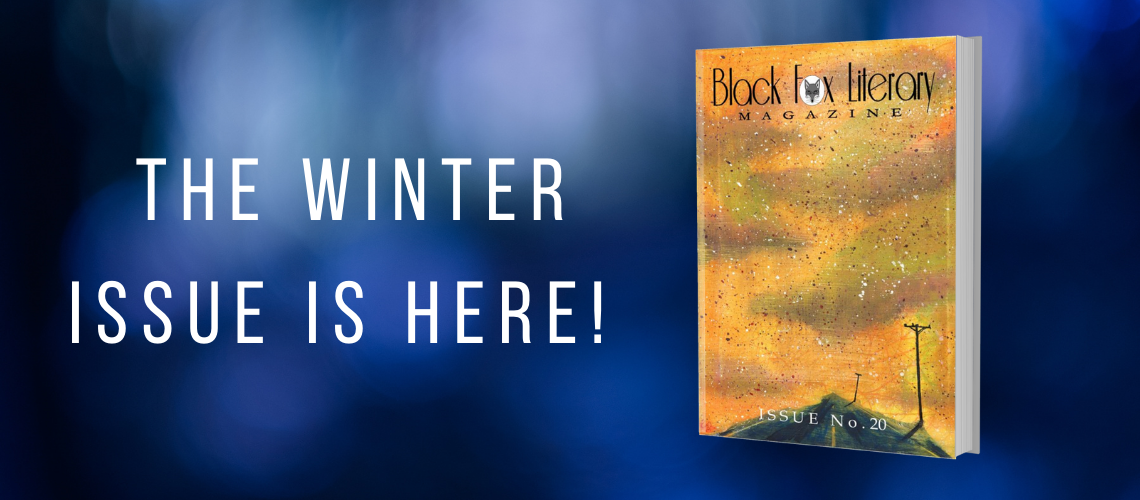I want to say a few words about what to me is a slippery subject: narrative arc.
Not so much in the short story: I know what a short story is, and I am able to achieve the single effect that the form demands. I’ve written a number of successful short stories, and had several published.
But except for a couple of fantasy novels about tiny gnomes, I have yet to succeed in writing an effective novel, and more than anything else, the fly in the ointment is narrative arc (I’m not sure why I was able to command narrative arc in two fantasy novels but have been unable to do so in a realistic one). I recently completed a first-person novel in which my protagonist, Daniel Orme, tells his own life story. I assumed naively that a life is a narrative. However, when I sent the novel to a major publisher, they rejected it—with some stringent remarks. Although the dialogue was good, they said, the novel lacked a strong narrative arc, and the personae were not compelling and lacked development. This was a shock to me because I thought I had succeeded on both counts. But looking at my novel in the cold light of reason, I saw that the publishers had justice on their side.
I sought to repair the damage, rebuild the novel. It remains a work in progress.
So I wonder: do any of you have difficulties with narrative arc in the longer form of the novel? (I also rather quixotically wonder what happened to the episodic novel. Apparently, a novel like Tobias Smollett’s Roderick Random would not go over now.)
My problems with narrative arc stem from failures of plotting in longer fiction. What I have finally discerned is that I was neglecting some hook, some central mystery or problem raised near the outset of the story that then must sustain the narrative right through to its climactic moments. Without this, I will always get tepid responses from publishers. This truth is self-evident, of course.
But this will not alone solve the problem of narrative arc. In a separate insight I saw that the unities are just as important in a novel as in a short story. In fact, I saw that for some novels, at least, Ambrose Bierce was right—a novel is only a long short story (obviously, this statement does not hold true for such novels as Anna Karenina or Absalom! Absalom!). If I can bear that in mind about the identity with the short story, I can shape a short novel like one of my stories, and the problem will be solved. This, however, is an idea easier formulated than put into practice.
As will be apparent by now, this little post is by way of confessional. I have been a slow learner about some aspects of the craft of fiction, particularly of the novel. Fortunately, there is always the short story. This little rowboat I can command. Still, I would like to master the longer narrative arc of the novel before I lay down my pen, and write a work that is homeward bound. This would appease the Muses, I feel.
Anyone have any suggestions?
David Massey has a Masters Degree in English Literature After 1660 from The University of South Carolina and while there studied creative writing under George Garrett and James Dickey. He turned rather belatedly to fiction writing as a serious occupation but has made progress in the past two years, publishing several short stories in that time.


